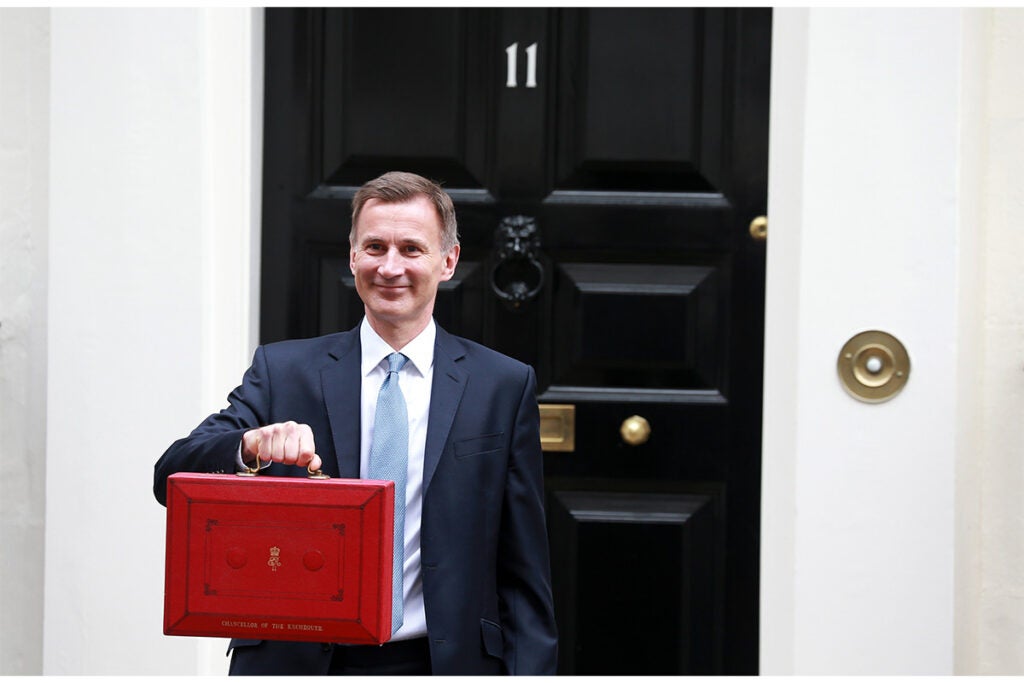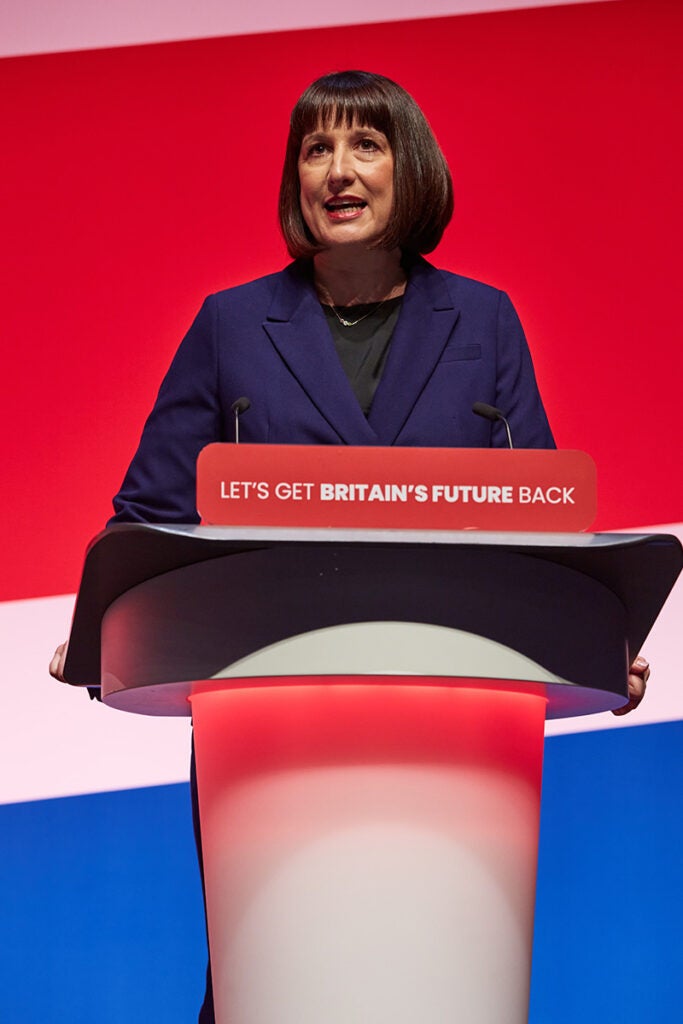
What do Bernard Arnault, Elon Musk, Mukesh Ambani and Larry Page have in common? They’re all in the top 10 in Forbes’ Billionaires List 2024, published this week, and none of them is a UK national or UK resident.
Spain, Italy, Austria, Germany, Mexico and Indonesia each have at least one entry in the top 30 or so, but Sir Leonard Blavatnik, a US/UK dual national, is the only Brit who makes the top 100 (54th), and you have to read down to 104 before finding the next British citizen (Michael Platt). Forbes uses citizenship rather than residence in its listings, but no other names in the top 100 appear to be UK residents.
[See also: Succession at the House of Arnault: who will wear the crown?]
It wasn’t always like that. Back in 2008, for example, the top tiers featured a good sprinkling of known UK billionaire residents or nationals, including Lakshmi Mittal (then 4th in the list, now 113th), the Hindujas, Grosvenors and others. (The Hindujas and Grosvenors are now both absent from the list entirely). Of course that’s not quite fair – much has changed in the last 15 years, notably the stratospheric rise of tech and fintech businesses. But why aren’t more of those fortunes being made in the UK, or their founders choosing to live here?
I’ve written before about the UK’s chaotic approach to visas for wealthy individuals since the Russian invasion of Ukraine in 2022. This means that rich foreigners can’t currently come to live in the UK even if they want to.
Scaring off the rich

But would they want to? The UK’s corporation tax rate is now 25 per cent (up from 19 per cent until April 2023), a blow to large or growing companies. Our top rate of income tax is 45 per cent. And in March, the UK’s Chancellor announced the end of the ‘non-dom regime’, the favourable basis of taxation which the UK has applied to overseas nationals for over 200 years. Since earlier dramatic changes in 2008, it had already become weighed down by its own complexity, so it was ripe for replacement with a more modern system.
That hasn’t happened. Instead, if the Conservatives win the election, it will be replaced in April 2025 by rules which allow new residents a period of four years when they won’t pay tax on foreign income and gains at all. After that, they will pay tax at the UK’s usual rates. Add to that an announcement that Inheritance Tax will in future be linked to residence, not domicile, and the UK looks like a pretty expensive destination. The Government’s estimate that these changes will raise £3.5 billion a year seems optimistic – the wealthiest non-doms are likely to spend less time in the UK and avoid these taxes entirely.
[See also: Jeremy Hunt scraps non-dom regime in spring budget]
It’s also politically uncertain that these rules will take effect, as the UK is likely to have a general election in Autumn 2024. The expected future Labour government had existing plans to replace the non-dom regime, and this puts them under pressure to enact their chosen reforms before April 2025 when the proposed new rules will commence. Meanwhile, wealthy global families may plan their departure and not cancel it if the new rules come too late, and no new wealth can arrive because of the lack of visas. What a mess.
It’s not too late to bring back the billionaires

But it’s not too late for the UK’s political parties (of any persuasion) to change tack. It’s not always clear that they understand the international competition in tax regimes, designed to attract the creators of wealth – but they could still invent a new system that keeps the UK in the competition. What could that look like?
Let’s start with the basics: a four-year exemption helps no-one except short-term residents (think City execs on a short posting) and lower earners who would come anyway. In four years, you can’t establish or grow a business, make ties in your local community, or educate your children, and it’s barely worth buying a home. New Zealand has this system, and billionaires aren’t moving there either.
[See also: Scrapping the non-dom regime: Hunt must proceed with caution]
The Swiss fixed-tax regime (forfait) requires individual negotiation of what tax you’ll pay. A similar system operated informally in the UK until HMRC and Mohamed Fayed, the former owner of Harrods, famously fell out over the terms of his agreement in 2000, and the resulting court case found that HMRC had no power to make such agreements at all. Could new powers be created?
Italy has a hybrid regime, akin to the UK’s current system, but with a larger annual fee and no complex rules on remittances. They charge a relatively large fixed fee (EUR 100,000) in lieu of income tax on all overseas income for 15 years, with non-doms exempted from inheritance and gift taxes on overseas assets as well. It has to be cleared in advance, allowing Italy to choose who to accept – in contrast to the UK’s system of simply claiming non-dom status on your tax return in arrears. This was thought to be the approach favoured by the UK’s Labour Party, with a mooted fee of £150,000.
[See also: ‘Super donors’ cross political aisle to support Labour party]
The US isn’t known for its low tax rates, and nor are France, Germany and others who feature in the list. But what they tend to have is a much more liberal system of tax deductions and allowances, both corporate and personal, meaning that the overall level of tax paid can be much lower than the UK. Our tax system is hugely complex, where a lighter-touch approach could make effective rates lower and compliance easier – for home-grown entrepreneurs, wealthy overseas families and even ordinary taxpayers.
Whatever approach the UK takes, we need some of the billionaires back. These are the makers, the doers, the employers and above all the givers. We should want them and their businesses to be in the UK and the Government’s policies must show them, in the immortal words of the then business secretary, Peter Mandelson, in 1998, that we are ‘intensely relaxed about people getting rich’.
Arabella Murphy is the founding director of Propitious (London) Ltd, a strategic consultancy focusing on HNW risk planning, family governance and mediation.






